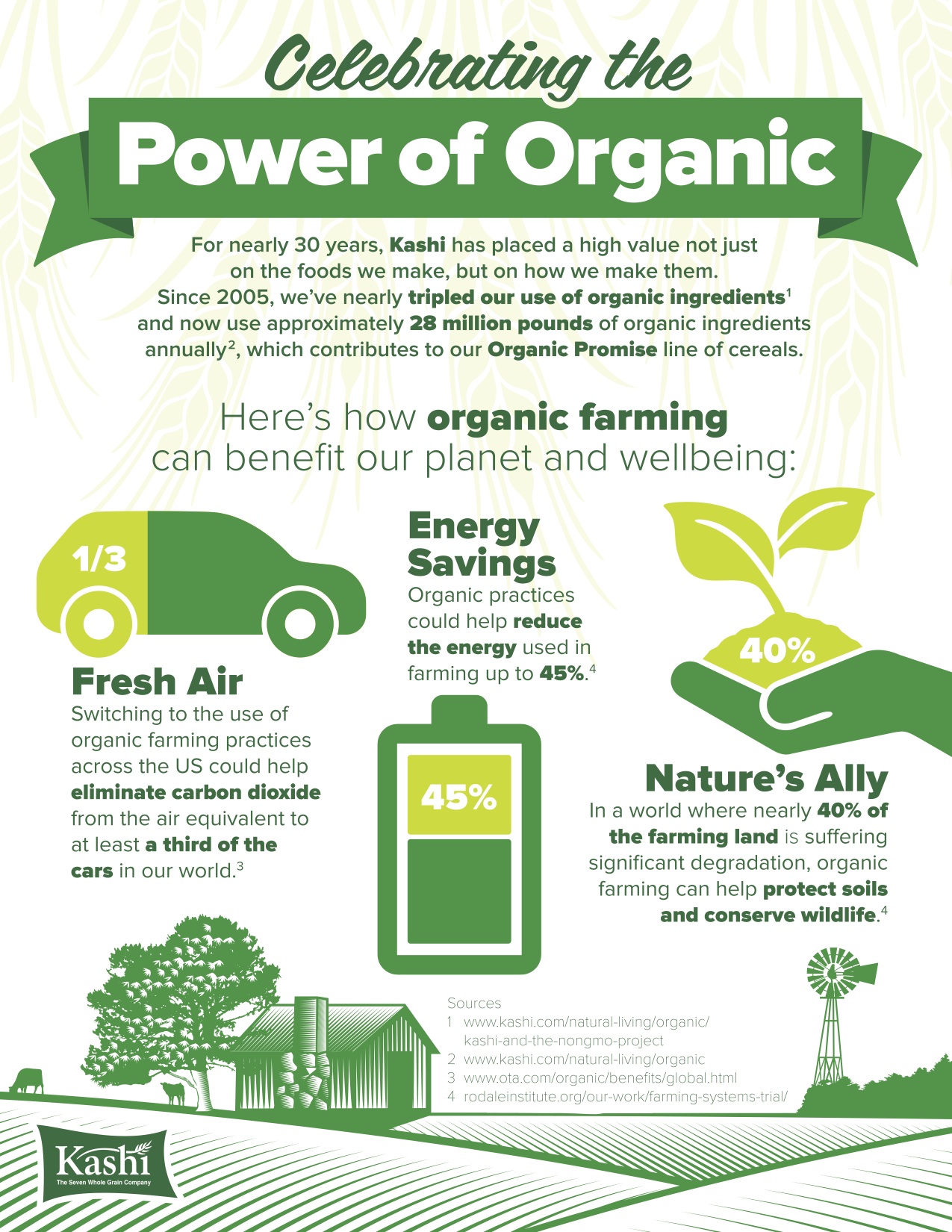Nourishing the Earth, Sustaining the Harvest: A Guide to Natural Fertilizers
It is with careful attention that we proceed into the compelling subject of Nourishing the Earth, Sustaining the Harvest: A Guide to Natural Fertilizers. Together, we will explore intriguing facts and share a new angle with readers.
Video about Nourishing the Earth, Sustaining the Harvest: A Guide to Natural Fertilizers
Nourishing the Earth, Sustaining the Harvest: A Guide to Natural Fertilizers

Modern agriculture, often reliant on synthetic fertilizers, faces growing environmental and health concerns.
The alternative? Embracing natural fertilizers. These sustainably sourced amendments enrich your soil, promoting healthy plant growth and contributing to a greener planet.
Understanding the Need for Fertilizers
Plants require essential nutrients for optimal growth and yield. These nutrients, often classified as macronutrients (nitrogen, phosphorus, potassium) and micronutrients (iron, zinc, copper, etc.), are absorbed from the soil. However, over time, intensive farming practices can deplete soil nutrients, leading to decreased productivity and plant health.
Fertilizers, both natural and synthetic, replenish these essential elements.
Benefits of Natural Fertilizers:
While synthetic fertilizers offer a quick fix for nutrient deficiencies, they often come with environmental and health drawbacks. Natural fertilizers, on the other hand, offer a more holistic approach:
Soil Health Enhancement: Natural fertilizers improve soil structure, promoting drainage, water retention, and aeration. They also increase the beneficial microbial activity within the soil, creating a thriving ecosystem that supports healthy plant growth.
Sustainable Practices: Natural fertilizers are derived from renewable resources, minimizing their environmental impact. They reduce reliance on fossil fuels and the associated greenhouse gas emissions.
Nutrient Release Over Time: Natural fertilizers release nutrients gradually, providing a sustained supply for plants and reducing the risk of nutrient leaching into waterways.
Reduced Environmental Pollution: Unlike synthetic fertilizers, natural options avoid the risk of nitrate runoff and other pollutants that can harm aquatic life and contaminate groundwater.
Enhanced Plant Resilience: Natural fertilizers promote strong root development and overall plant vigor, making plants more resistant to pests, diseases, and drought stress.
Safety for Humans and Animals: Natural fertilizers are generally considered safer for human consumption and for animals that graze on fertilized land.
Types of Natural Fertilizers:
A diverse array of natural fertilizers can be incorporated into your gardening and farming practices:
Closure
Thus, we hope this article has clarified important points on Nourishing the Earth, Sustaining the Harvest: A Guide to Natural Fertilizers. We value your engagement with this content. Until the next one!.

No comments:
Post a Comment